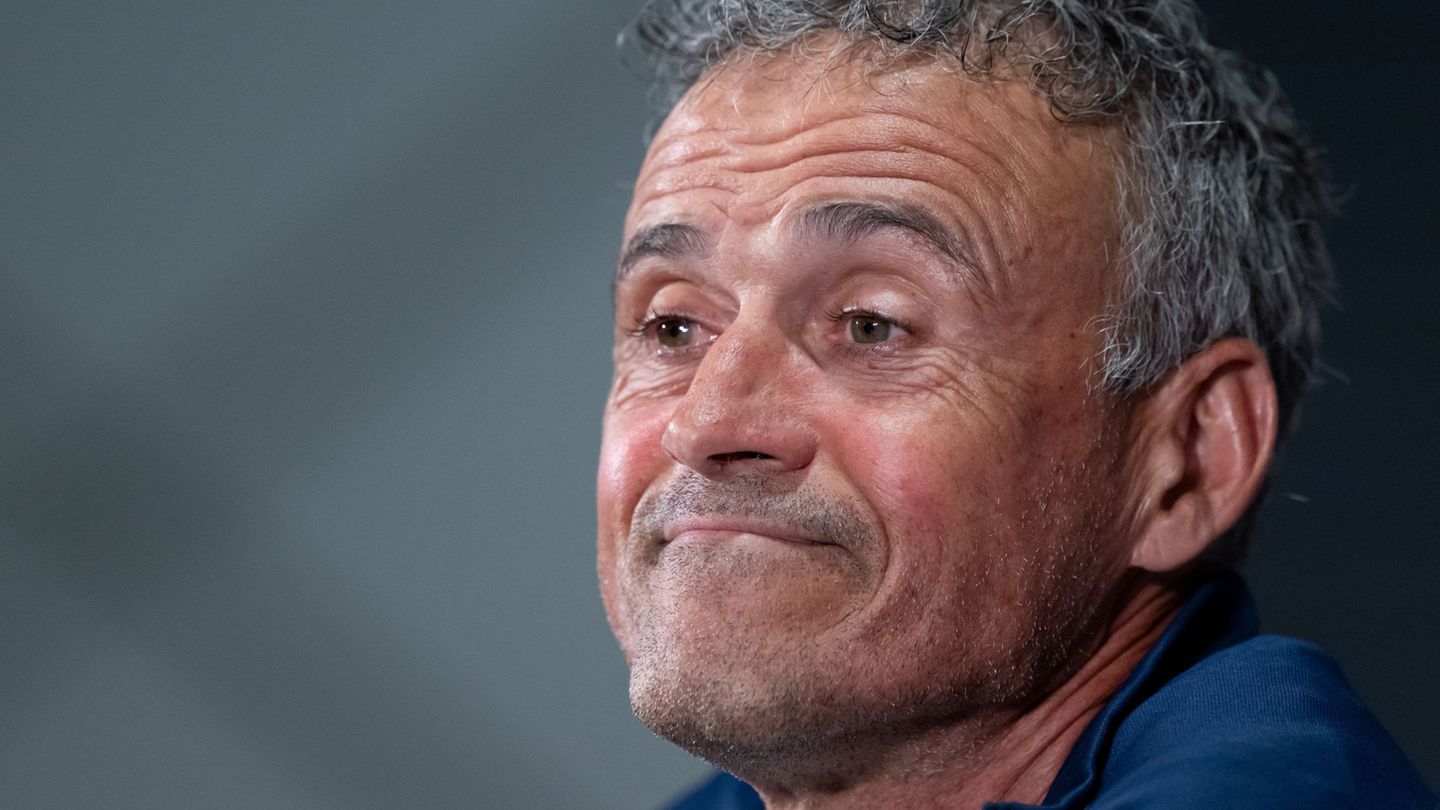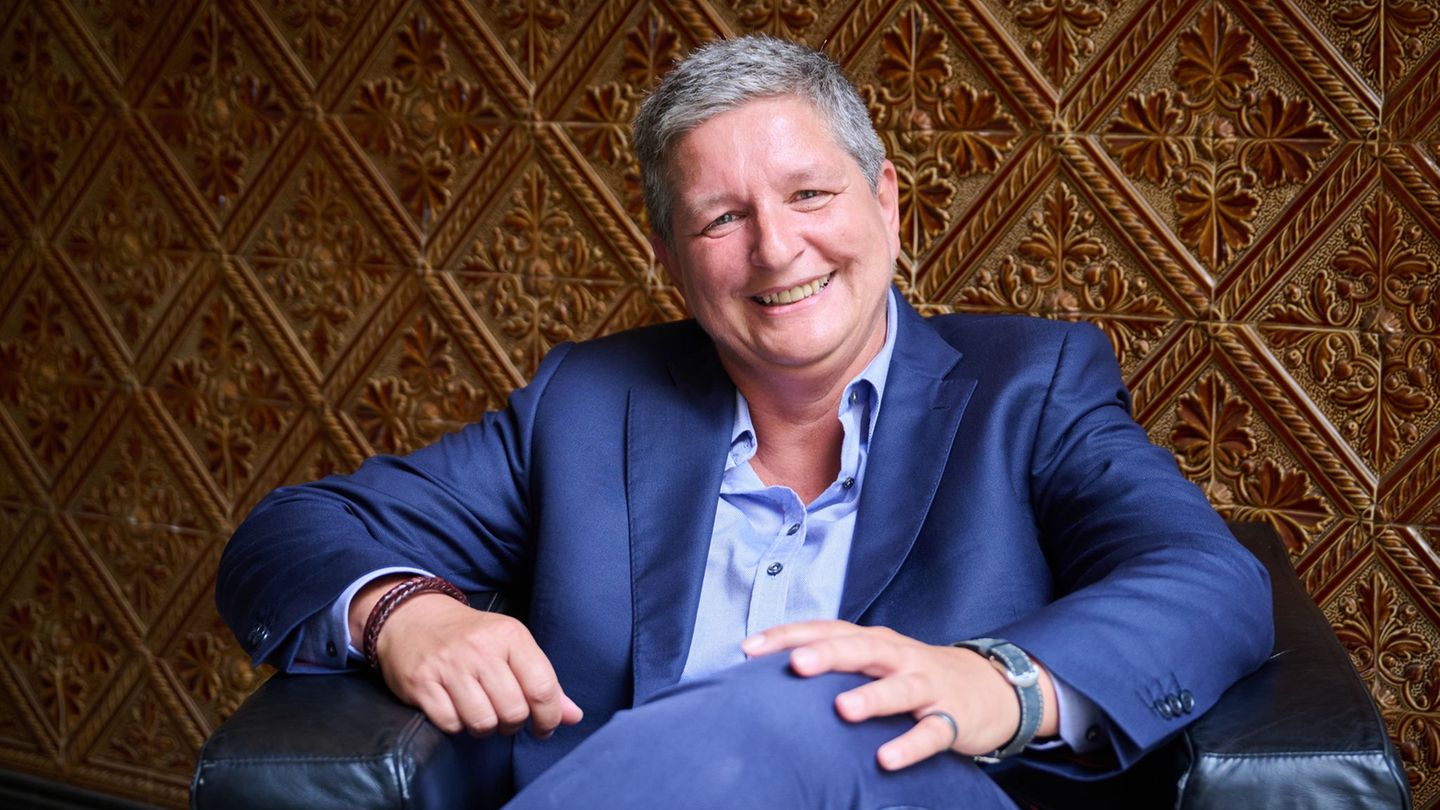The government, through the Chancelleryare attentive to how the days leading up to the presidential election from Sunday in Venezuelaa process in which he has led regional voices demanding transparency and free participation of the opposition.
“It is time to defend democracy in Venezuela“Defending democracy means defending freedom and ensuring that people can freely choose their government and that their results and will are respected,” the foreign minister said on Monday. Omar Paganini.
“We see that the persecution of opposition members, the arrests that should not be made and the harassment continue. However, the Venezuelan people have an opportunity for change and it is reflected in the polls,” he added.
The Venezuelan president, the leftist Nicolas Madurowho has governed since 2013, presented the elections as a choice between “peace and war” and said that an opposition victory would result in a “bloodbath,” a statement that set off alarms in the region.
His main rival is Edmundo Gonzalez Urrutiawho represents the opposition leader Maria Corina Machadowho is prevented from running due to political disqualification. Alongside her, he promises “reconciliation“and the return of millions of migrants who fled the economic and humanitarian crisis.
There are 10 candidates in all: Maduro, González and eight other minor candidates. But uncertainty reigns. There are even those who doubt that the elections will take place or that González, 74, will appear on the ballot.
Maria Corina Machado and Gonzalez Urrutia.jpg
Opposition leader María Corina Machado and her presidential candidate Edmundo González Urrutia.
Photo: AFP
“When the CNE (National Electoral Council) proclaim the victory of President Maduro, we will take to the streets to defend peace,” said his campaign manager, the parliamentarian Jorge Rodrigueztaking re-election for granted.
Last week, Uruguay together with the governments of Argentina, Costa Rica, Guatemala and Paraguayissued a statement demanding an end to “harassment and persecution” against opposition leaders in the midst of the electoral process.
“We demand an immediate end to the harassment, persecution and repression of political and social activists of the opposition, as well as the release of all political prisoners,” the Foreign Ministry said.
And he continued: “We demand that the government of Venezuela compliance with its obligations under international law, in particular with regard to the issuance of safe-conduct passes for members of the opposition campaign seeking asylum in the diplomatic headquarters of the Argentine Republic in Caracas.”
Some 21 million of Venezuela’s 30 million people are on the electoral roll, although it is estimated that only 17 million who remain in the electoral roll could vote. Venezuela and have not migrated.
On Sunday, the position that the president takes will be key. security apparatusuntil now the main supporter of Maduro’s government. The president has said that the Armed Forces is on their side and raised the possibility of a military uprising if the opposition wins. González Urrutia, for his part, has asked the military to “respect and ensure respect” the result.
The president of Brazil, Lula da Silvasaid on Monday that he was frightened by Maduro’s warning of a “bloodbath.” “Maduro has to learn: when you win, you stay (in power). When you lose, you leave. And you prepare to contest another election,” he said.
The oil country, long one of the richest in Latin Americais mired in crisis. Crude oil production plummeted from 3.5 million barrels per day in 2008 to 400,000 in 2020, and has now recovered to one million per day. GDP has shrunk by 80% in 10 years, with four years of hyperinflation that led to a partial dollarization of the economy.
Some seven million Venezuelans have fled the country in the last decade, according to the UN, of which 33,000 are in Uruguay. Health and education systems are in total ruin.
Source: Ambito




